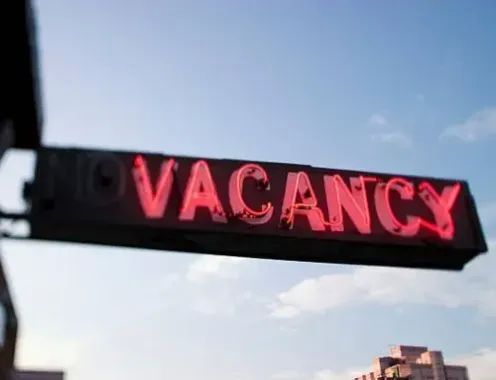
Attracting and Retaining Talent for Growth and Sustainability
What recruitment process should you look at implementing to ensure you are attracting and retaining the right candidates to help grow and sustain your business?
This question could not be more topical than it is today.
Candidates are seeking quality of life from their employment, no longer accepting the working conditions pre-2020; the “great resignation” is not a myth, but a fast-growing worldwide reality that is being fuelled by the choice available on the open market.
The continuous job vacancy growth over the past six years for the Netherlands market has been recorded across all sectors.
"The number of new vacancies subsequently rose by 400,000 to 1.4 million in 2021, reaching the highest level ever recorded. The increase was visible in all occupational classes. This is evident from new labour market figures which have been released by Statistics Netherlands (CBS)." Source: https://www.cbs.nl/en-gb/news/2022/23/more-new-vacancies-in-2021-for-all-occupations
Candidates in the Dutch market know they are in a strong position to demand a great work-life balance, choosing organisations demonstrating strong ethics and morals, inclusive directives, and clear corporate policies.
Many Netherlands based organisations offer attractive packages with education stipends and reduced hours to ensure they attract the best candidates on the market.
It is imperative for organisations to address these fundamentals, not only to attract the right level candidates, but to develop and retain your workforce to ensure growth and future success.
Do you consider your workforce your strongest asset?
Once you have addressed your internal structure to promote your organisation, you should also consider reviewing your hiring processes. Is it robust, efficient, or even fit for purpose?
Efficiency is key. Long recruitment/interview processes with multiple testing and difficult panel scenarios can hold a negative impact on your next generation workforce. It’s important to keep momentum of the interview process to ensure a successful outcome.
We hear from many candidates who have entered a difficult recruitment process and cited they have felt “stressed”, “under pressure”, “unable to deliver” and “de-valued”.
Competitors with quick, fluid decision-making processes are often the most successful in attracting and identifying the right level talent.
This hiring process is not just about an organisation considering the suitability of a candidate, but also the candidate considering the suitability of the organisation.
First impressions
Deliver an opportunity that is going to be well received; first impressions really do count:
- Write a job description that accurately reflects your hiring needs. Make it realistic and competitive, not only within the external market, but also with your internal structure.
- Highlight and promote your organisation’s internal policies.
- Define a robust recruitment process, which covers the process from application/interview to offer within a succinct timeframe.
- Provide clear feedback to all engaged with the process, even those you don’t wish to offer; negative feedback can impact the reputation of your organisation for future hiring.
- Make the hiring process enjoyable for all parties.
Growing your reputation in the market will enhance your credibility and attractiveness to invite and retain the future generation workforce you are seeking.
For more support and guidance in streamlining your hiring process, EMEA Recruitment can provide advice on delivering a robust process. If you are interested in finding out more or have any further questions please reach out to David Harper.

Quality vs. Quantity in the Recruitment Process - Which is Paramount?
When looking for a new role, should candidates focus on quality or quantity in the recruitment process? Sasha Gill, one of our Senior Consultants for Procurement, Supply Chain and Operations in Switzerland, explores which is paramount in a candidate-driven market…
The current recruitment market in Switzerland is candidate-driven. As a result, we are seeing an increase of job seekers being involved in multiple different recruitment processes simultaneously.
Being involved in multiple processes can be advantageous when building your personal network and for your own market-value mapping. In the current market, with recent cost-of-living increases, it is more important than ever for job seekers to benchmark their own salaries in the market. Partaking in multiple recruitment processes at the same time is one way to achieve this.
However, an argument can be made that being involved in several recruitment processes could be a disadvantage. Searching for your next career opportunity can be time consuming enough; having multiple, simultaneous processes may dilute your focus on each role and hinder your thorough research on each prospective employer.
We are keen to hear from our network whether you think quality or quantity is paramount in the recruitment process.
When it comes to searching for your next opportunity, is it quality or quantity that you aim for? Are you open to being in multiple recruitment processes at once, or do you prefer to focus your search on one opportunity at a time?
Get in touch with Sasha to let us know: sasha.gill@emearecruitment.com
If you’re interested in looking for a new role in Switzerland, Sasha focuses on Procurement, Supply Chain and Operations roles.
You can also take a look at the Finance & Accountancy positions we have available: https://www.emearecruitment.com/finance-and-accountancy
Or, if you’re a Human Resources professional, we may have a role available that interests you: https://www.emearecruitment.com/human-resources-

When Should the Line Manager be Involved in Interviewing?
When should the line manager be involved in interviewing a candidate? We took to LinkedIn to hear your thoughts...
At EMEA Recruitment, we firmly believe there is never an exact right or wrong way for a business to run a hiring process – every role, organisation and circumstance are different, and can be affected by a multitude of factors at any time.
Although, of course, there are certain elements that are essential for a successful recruitment process, most notably that of the relationship that is built between the candidate and the hiring manager.
Neil Cope, one of our Directors, recently conducted a LinkedIn poll exploring this, to provide a snapshot from our network. In response to the question: Which stages do you prefer to see the direct line manager involved during the interview process?, we found that over 90% of respondents feel that the line manager should be present either at every interview stage or at least on the first and last interview stage (8% noted that the first stage only is sufficient).
This highlighted to us how important that relationship build is for both candidates and employers alike. But how do you make this work in practice? Some processes have three, four or even five interview stages, depending on the seniority and complexity of the role. Is it practical for a hiring manager to be present at each stage? Indeed, in some cases, could it not hinder the process? If, for example, one of the stages was with an important stakeholder who might benefit from having that one-to-one conversation with the candidate without the hiring manager present.
One thing is for sure – the relationship with the prospective hiring manager is an absolutely vital element and is one of the top factors for candidates when choosing whether to accept an opportunity or not.
If you would like further information on this or the hiring process in general, please reach out to Neil: neil.cope@emearecruitment.com
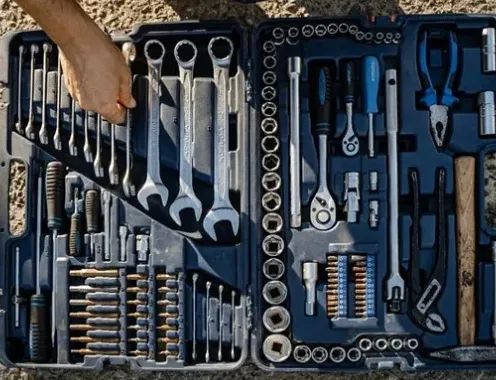
Which Procurement Skills are In Demand?
With Procurement under increased pressure, the skills that are in demand are changing...
As a result of multiple factors, including, but not limited to COVID-19, Procurement departments have experienced significant stress in the last 18 months, and this is predicted to continue, especially within a number of harder hit direct material commodities and those industries subjected to continued oil and gas price fluctuations.
Material availability, price increases, volatility and supply chain disruptions have all come to the fore, creating a perfect storm within Procurement & Supply Chain. This has highlighted the need for Procurement leaders to develop or seek different skillsets. Before this disruption, commercial ability, stakeholder and relationship management, understanding of data and digitization, and cross-functional integration were all desirable skills, but now they are becoming essential for our clients.
To survive in the new market, Procurement leaders need to be predictive and agile. They need to understand trends and integrate cross-functionally now more than ever. The challenges brought mean the skills that Procurement leaders were discussing as highly desirable or skills for the future are skills for now; they are becoming the basic toolkit Procurement professionals need to navigate a new landscape for the coming years.
Our clients are seeking influencers, not the traditional strong negotiator – just being price focused, negotiating tough rebates, liabilities etc. are given hard skills, but they won’t build Procurement’s influence across the wider organisation. In the new landscape, a strong negotiator is someone with the capability to understand internal and external requirements and foster long-term partnerships; it’s an individual who can identify mutual wins while combating risks and protecting profits through market trend planning.
Growth of the global, commercial mindset
When availability of materials is low and competition is high, risk reduction and profit protection isn’t as simple as diversifying the supplier base or last minute alternate sourcing, and this is where the benefits of the new skillset arise.
Being innovative, proactive and anticipating change or challenges is also increasingly important. Being able to identify potential issues before they arise has always been a great benefit, but with the digitalization of businesses as a whole, and swathes of new data and ways to use this becoming available to Procurement leaders, the playing field is definitely not even.
Successful Procurement leaders need to be relationship-focused, data-driven and able to use new technologies to allow their businesses to become more integrated and agile.
For more information on how to upskill your workforce, yourself or simply to understand where your specific industry trends are heading regards talent attraction, please get in touch: charlotte.cruise@emearecruitment.com

Are you Losing out on Top Talent?
As we move into a candidate-led market, having one of the busiest summers we have seen, EMEA Recruitment would like to share some experiences on how to avoid losing top talent for your business.
We recently conducted the following poll on LinkedIn, asking our Dutch network whether they would take steps to speed up the recruitment process, if this meant you’d be more likely to secure top talent. The results were as follows:
Would you speed up the recruitment process to hire the best candidates?
- Yes, I’d remove bottlenecks – 60%
- Yes, I’d utilise technology – 22%
- No, I wouldn’t change – 10%
- No, my company wouldn’t allow it – 8%
The majority of respondents said that they would try to remove bottlenecks in order to hire top talent. Another 22% would use technology to speed up the process, while just 10% said they wouldn’t change their hiring methods and 8% didn’t feel their company would allow faster recruitment.
So, how can we ensure we can hire top talent?
- Speed – Good candidates will have more than one process. Delays cause loss of engagement and good candidates will often have more than one opportunity.
- Flexible working - Are you able to offer the candidate the flexibility they need?
- Internal processes - Are you aligned internally? Communication between hiring managers and Human Resources/Talent Acquisition should be approved on requirements and timelines.
- Your recruitment partner - Utilize your consultant. We are here to ensure we have touchpoints with both candidates and clients. This can be critical in a process where a candidate is in demand.
- Feedback - Delayed feedback and next steps ultimately lose candidate engagement.
If these challenges sound familiar, we would be happy to discuss our experience and offer advice on how to streamline your recruitment procedure, in order to attract and secure top talent for your team.
Get in touch with Hannah Mallia, Director, for our Dutch market insights: hannah.mallia@emearecruitment.com

Remote Working and Onboarding New Candidates
It’s no secret that this past year has been a challenging one, both on professional and personal levels. With many of our clients now working from home, one question that we do see from most of the candidates that we speak to is, Is the client flexible on remote working?
One trend that certainly became apparent was that, at the beginning of the pandemic a whole year ago, working from home was new for a lot of professionals.
However, we found that many people initially enjoyed this new way of working, especially with the flexibility that it offered, let alone the improved commuting. I think in general, people thought that we would be working from home for a month as a maximum. A year later, here we are, still working from home.
It is safe to say, a lot of people are bored of working from home constantly and would certainly like at least two or three days in the office. There are, however, some companies that have taken this to a whole new level.
Spotify, for example, announced that they are going to introduce a policy for flexible working, so you can work from wherever you choose, whether that be in the office, at home, or presumably by the pool at a nice 5* hotel.
On the other hand, there has been a number of instances where home working has been more efficient for people. As an example, some senior Finance professionals have found that they’re more productive and able to have a better work-life balance; even small things, like taking the dog for a walk at lunch.
For the most part, recruiting has not been the main challenge that our clients have faced during the pandemic. Largely, the challenge comes with onboarding of new employees to the business, with most people starting their new journeys working from home straightaway.
Often, the only time people have met their new work colleagues and superiors has been via a video call. Initially, this might not feel like such as big issue, but simple things such as ensuring access to a system is working correctly or a quick question on process can sometimes feel like it takes forever to get an answer.
For instance, the person you need to speak with may have calls planned all day, they might be away from their desk or you just simply cannot get hold of them. Something which should only take 5 minutes can take up to an hour or more, just because you can’t just go and have that conversation whilst making a coffee or introducing yourself as a new colleague.
On the bright side, however, since the beginning of this year, people have become accustomed to these new ways of working and, even with the news of the vaccine, we’ve found that people are generally more positive that there is light at the end of the tunnel. Not only that, we think we have all become so much better at using and utilising the technology around us, which can only be a good thing moving forward.
If you have just started you new role, or are in need of adding people to your team and have any difficulties or concerns with the points mentioned, then please do feel free to reach out. We have dedicated HR recruiters, Keely Straw in Switzerland and Katie Insley in the Netherlands, who will be more than happy to help.

EMEA podcasts
The EMEA Recruitment podcast welcomes guests from across our network and beyond to share their career journeys, advice, and inspirational stories.




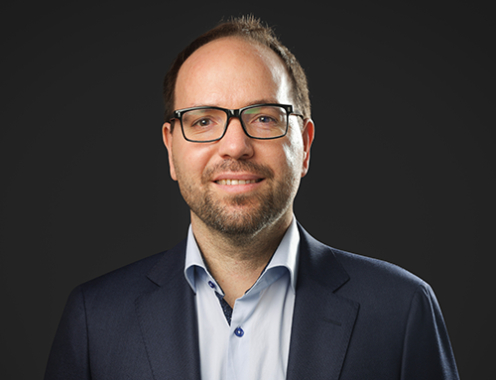
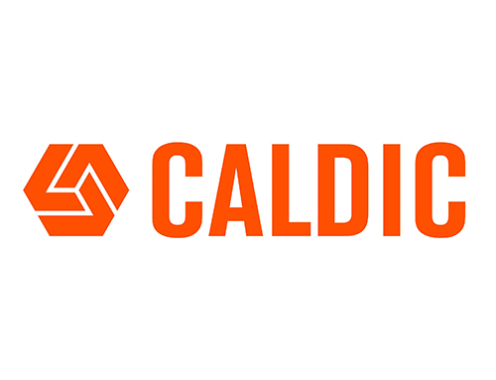
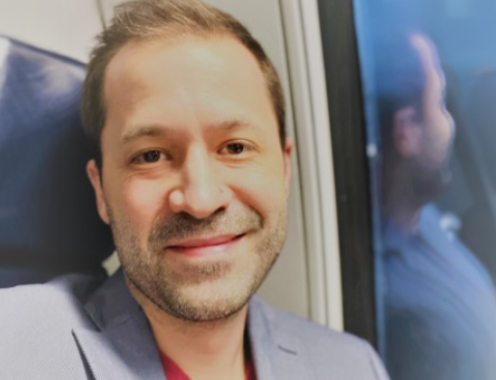
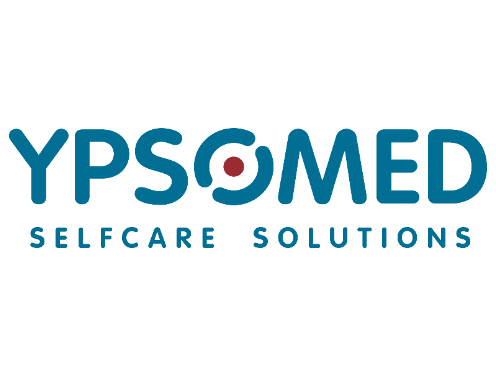
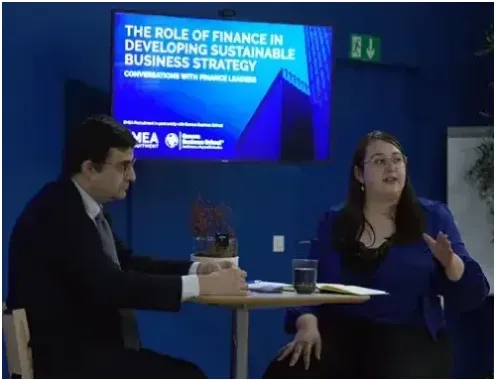
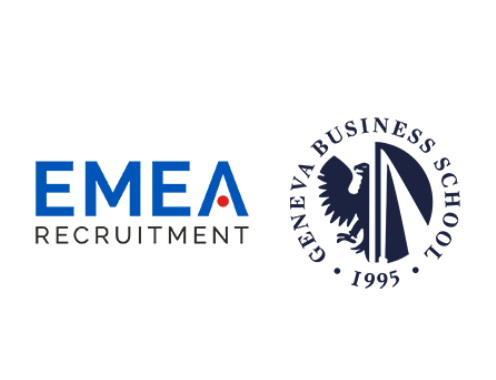
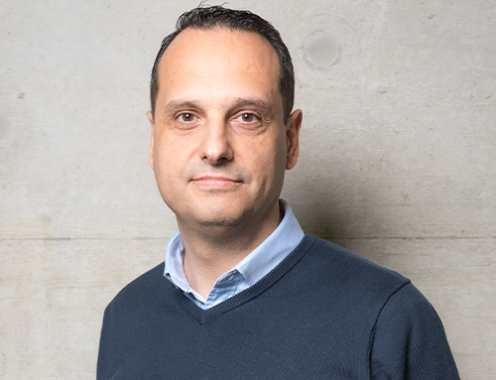
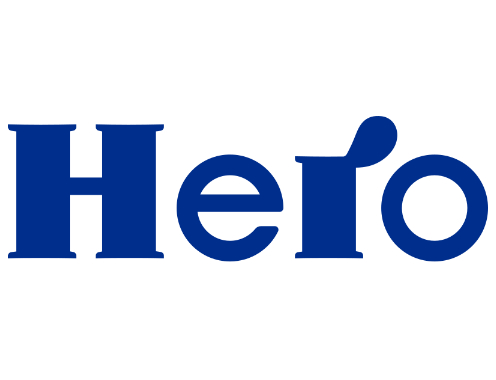
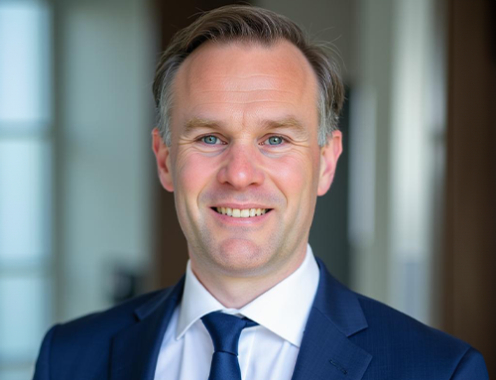
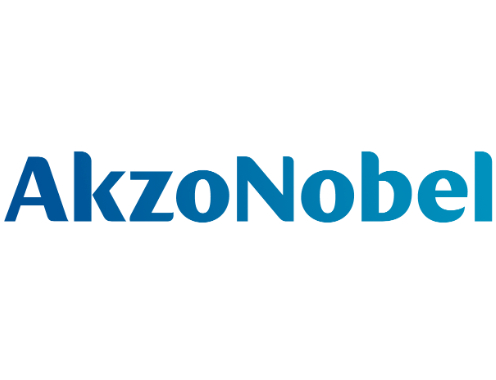
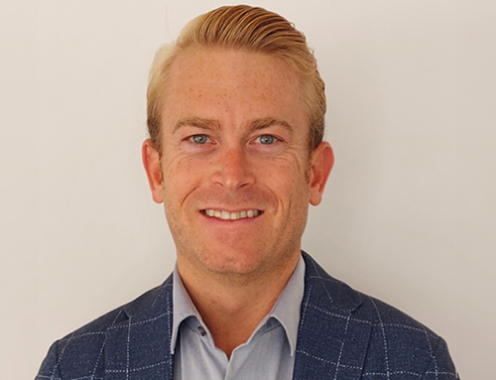
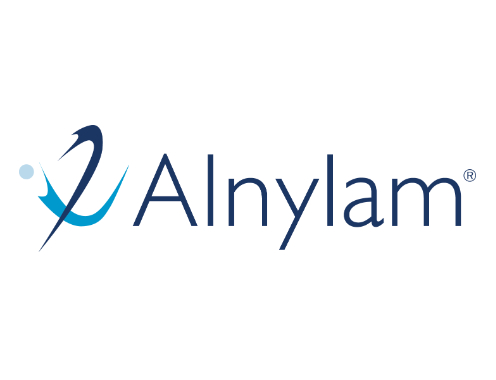

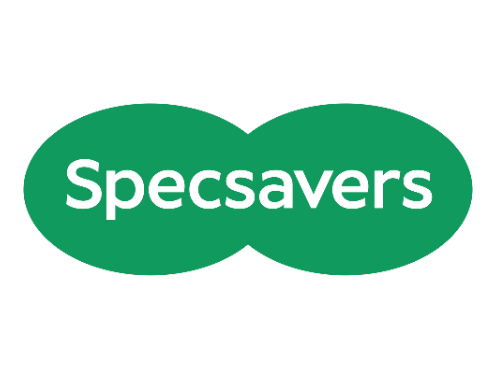
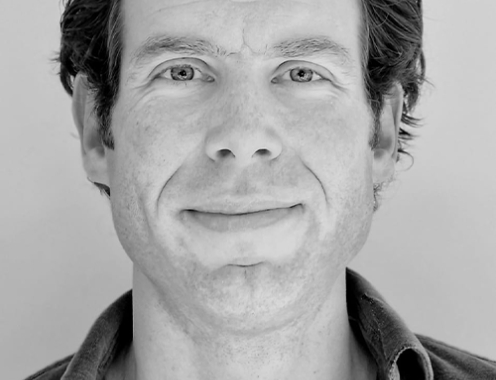
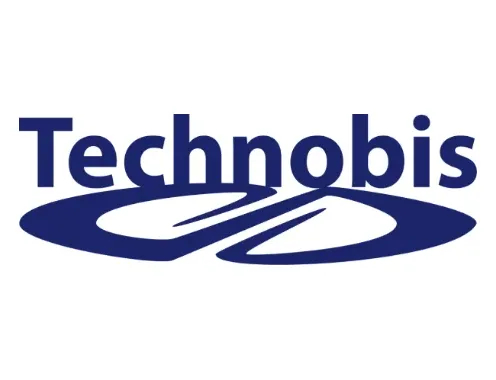
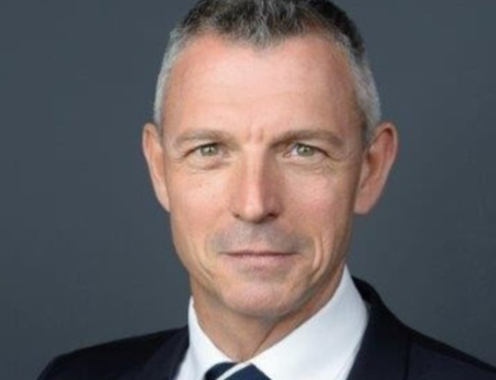
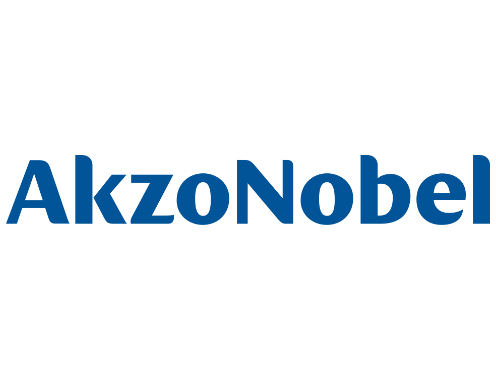


You can also use your social account to sign in. First you need to:
Accept Terms & Conditions And Privacy Policy